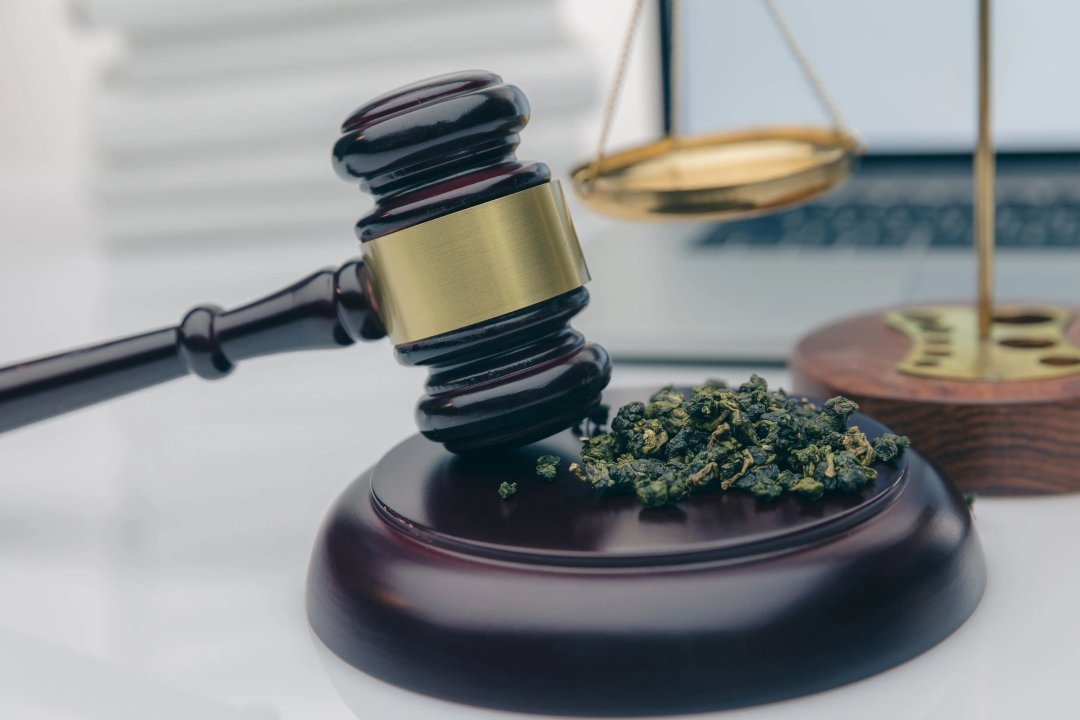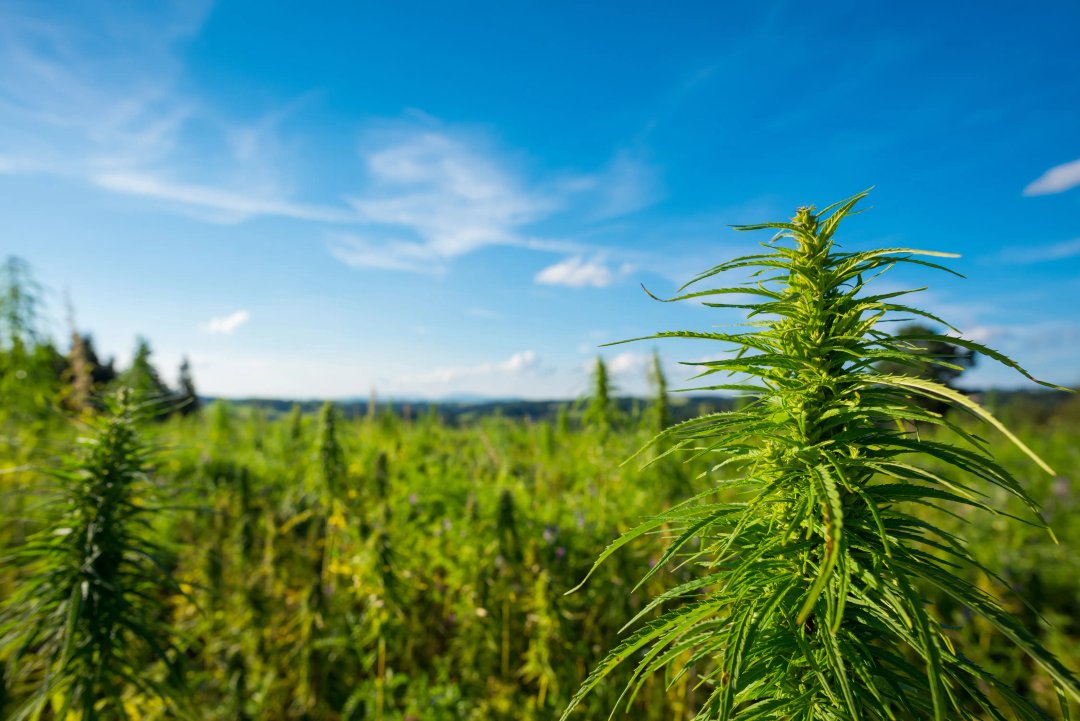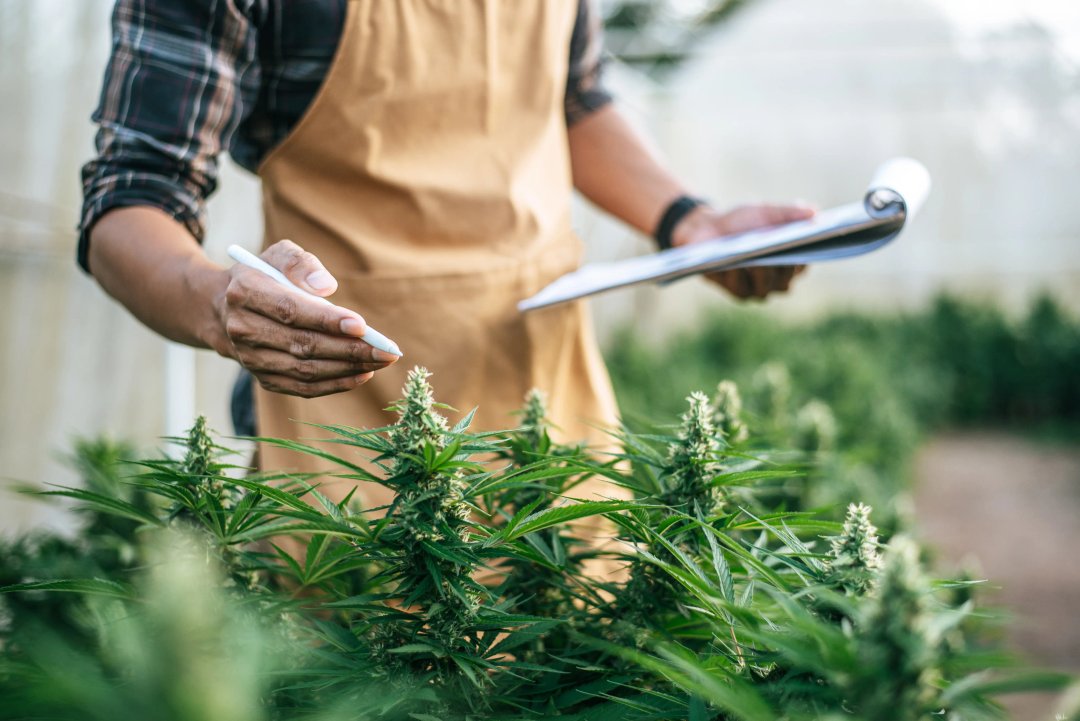Before we go into the
2018 Farm Bill and the changes it made to cannabis policy in the United States, we need to explain the
difference between hemp and marijuana.Hemp vs. Marijuana
Hemp and marijuana are actually variants of the same plant- cannabis. However, as defined by the United States, hemp is cannabis with a Delta-9 THC concentration of 0.3 percent or less. Marijuana, also called "pot" or "weed," is cannabis with any concentration of Delta-9 THC higher than 0.3 percent.
Why place limits on Delta-9 THC? Delta 9-THC is the compound in cannabis that is most commonly associated with (but not the only compound capable of producing) the plant's signature psychoactive effects.
What did the 2018 Farm Bill Change?
The 2018 Farm Bill drastically changed the United States' hemp policy, where for decades it was under the same restrictions as marijuana. Cannabis (and by extension hemp) was made effectively illegal in 1937 under the Marihuana Tax Act and formally made illegal in 1970 under the Controlled Substance Act, an act that banned all forms of cannabis: hemp or marijuana.
Under this latest Farm Bill, hemp is separated from marijuana and made federally legal, but with a few restrictions. Hemp and its derivatives (i.e., any cannabinoids, extracts, or parts of a hemp plant) are federally legal to produce, sell, and purchase if they abide by that same 0.3% Delta-9 THC concentration limit on a dry-weight basis.
If a product contains hemp-derived Delta-9 THC at a concentration exceeding 0.3% of its dry weight, it is no longer compliant with the 2018 Farm Bill. This "dry-weight basis" bit means that hemp-derived Delta-9 THC can only be sold in edible form (gummies and baked goods) in order to comply with the 2018 Farm Bill. This caveat doesn't actually limit the milligrams of Delta-9 THC allowed in a product- just the percentage of a product's dry-weight that can be Delta-9 THC.
A product's concentration of other cannabinoids, on the other hand, like Delta-8 THC or HHC, is not regulated (on a federal basis, at least- check your state laws). So, you can find hemp-derived Delta-8, THC-O, THCA, or HHC in a greater variety of form factors, like inhalables (vapes, flower buds, etc.).
Summary
As a result of the 2018 Farm Bill, compliant distributors (like us) are authorized to sell hemp-derived products in a variety of forms, ranging from flower and capsules to edibles and gummies. Of course, this federal legal status is subject to state legislation- just like there are some states where marijuana is legal in certain instances but illegal on a federal level, hemp is legal on a federal level but illegal in certain states.
Importantly, this legislation also opened the door for more hemp research. As scientists nationwide learn more about this miracle plant, they are opening the doors for more hemp-based products and more applications for those products. Their research is becoming important to the medical industry as cannabis is quickly showing great promise as an alternative to dangerous medications, like opioids.
While the Farm Bill does legalize hemp, it does not actually create a system where people can grow the crop freely, like they can with the likes of corn or tomatoes. Any growers or sellers of the crop have to abide by a plethora of rules and regulations as it is still a highly regulated crop, whether it is for personal or industrial production. Don't worry- our company does the hard work of abiding by these rules.
There are a lot more details, rules, and caveats when it comes to the 2018 Farm Bill that we encourage you to
read for yourself if you have any serious law questions. I mean come on, we aren’t lawyers and we for sure aren’t politicians! But we hope this article cleared up some confusion about this important piece of legislation and helped you to understand why you can legally buy THC gummies and vapes in the United States.



